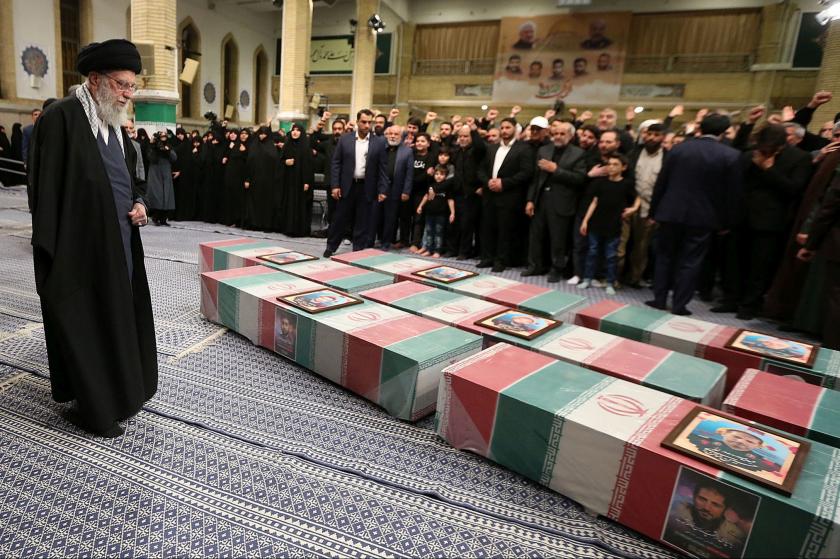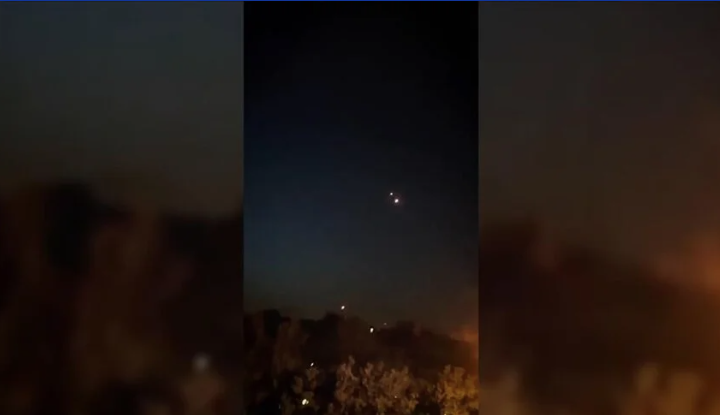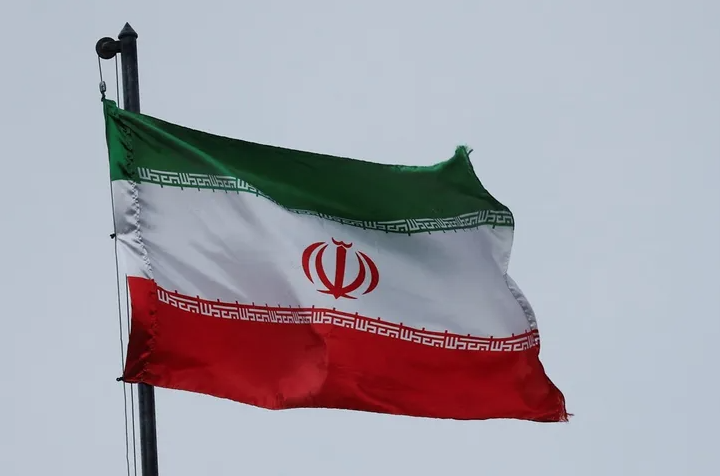In recent weeks, more than 10 people were killed in an Israeli attack on the Iranian consulate in Syria, including Mohammad Reza Zahedi, Commander of Iran‘s “Syrian and Lebanese Quds Force” and Mohammad Hadi Hajrahimi, Deputy Commander of the “Syrian Quds Force”.
Mohammad Reza Zahedi was known as the most senior and powerful link between Tehran and Hezbollah in Lebanon. Zahedi joined the Islamic Revolutionary Guards in 1980 and was one of the commanders of the Islamic Revolutionary Guards during the Iran-Iraq war. He held senior positions in the Revolutionary Guards alongside Rahim Safavi, who later became the commander-in-chief of the Revolutionary Guards and is now an adviser to the Supreme Leader. Therefore, for the Iranian regime, the loss of such power is not to be underestimated.
Following the message of Ayatollah Khamenei, the Supreme Leader of the Iranian regime, that “We will make them regret” after the attack, Iranian Foreign Minister Hossein Amirabdollahian emphasised the responsibility of the United States by stating that they had met with the Swiss Embassy official, who is the protector of American interests in Iran, and the Director-General of the United Nations, and said “America must be held accountable”. Following these messages, the debate on “Will Iran attack or not?” flared up. It was also noteworthy that the day of Israel’s attack on the Iranian Consulate coincided with the day the United States did not veto the United Nations Security Council’s ceasefire decree in Gaza.
ISRAEL WANTS TO MAKE IRAN A DIRECT PARTICIPANT IN THE WAR
Iran’s official news agencies, such as IRNA, emphasise that Israel’s desire to make Iran directly a part of the war, on the one hand, and the US’s “unconditional” support for Israel in a possible war, on the other, will be effective. The debates inside Iran can be summarised as follows:
For the second time, Iranian regime forces were attacked by Israel in Syria. The Israeli attack on Iranian nuclear facilities or the killing of a large number of Iranians in Iran can also be added to the list. In all these cases, although the Islamic Republic threatened to attack, it did not do so directly. It has carried out some attacks on the territory of other countries.
However, this time, Israel’s attack on “Iranian soil” brought about different debates. The regime-affiliated “Asre Iran” analysis portal wrote that the Iranian Embassy in Syria is Iranian territory and that the attack means that the “status” of the Islamic Republic is being questioned. It is debatable whether Iran would risk a regional war, but it has repeatedly shown that it does not want a direct confrontation with Israel or the United States.
THE AGENCY OF THE RELIGIOUS LEADER: IF YOU HAD CONDEMNED, WE WOULD NOT HAVE ATTACKED
On the other hand, an editorial by Iranian Supreme Leader Khamenei, published on 12 April in the news agency Jamaran, shows that the Iranian regime does not want to fight directly: “If the United Nations Security Council had condemned the Zionist regime’s rape of our diplomatic facilities in Damascus and then prosecuted the perpetrators, perhaps Iran would not be obliged to punish Israel.”
Statements that Tehran will directly avenge the Damascus attack raise the possibility that this time the retaliation will be carried out directly by the Iranian regime and not by its forces in the region or, in other words, by the forces it “proxies”. In particular, the discussion reflected in regime-affiliated news agencies such as IRNA and Tasnim points to this.
Moreover, editorials in the same agencies suggested that a major attack from Lebanon would risk destabilising the borders of this country, which is already in a dangerous and fragile situation, although a move through Lebanon is another option. Iran and Hezbollah have tried to avoid this in recent months. There is also internal debate that a large-scale attack from Lebanon would undermine the credibility of Iran’s deterrence through Hezbollah.
MY DILEMMA GROWS
On the one hand, the Iranian regime knows that the war will not only be with Israel, but that the US in particular will help Israel. This is evidenced by the US messages to Israel: “We will fully guarantee your security”. In this picture, Iran is hesitating, while Israeli Prime Minister Benyamin Netanyahu would welcome a military conflict with Iran.
Taking all this into account, the Iranian regime would prefer to act in a way that would not lead directly to war. Today, the regime’s situation is much the same as it was in the nuclear negotiations; on the one hand, it knows that it cannot build an atomic bomb, and on the other hand, it continues to concentrate uranium.
On the other hand, apart from the attitude and reaction of the forces supported by Iran or established by Iran in the region, it will also be a matter of curiosity and determining what kind of a discussion process Russia and China are conducting with the regime behind the scenes.
Finally, such crises have been fatal for the popular movement in Iran. Any threat of war against Iran has not only led to a greater repression of all anti-regime forces and individuals inside the country than in the past, but has also led to the dampening of popular movements inside the country, which are still alive in different aspects.
Ela AVA‘s research translated from Turkish to English




